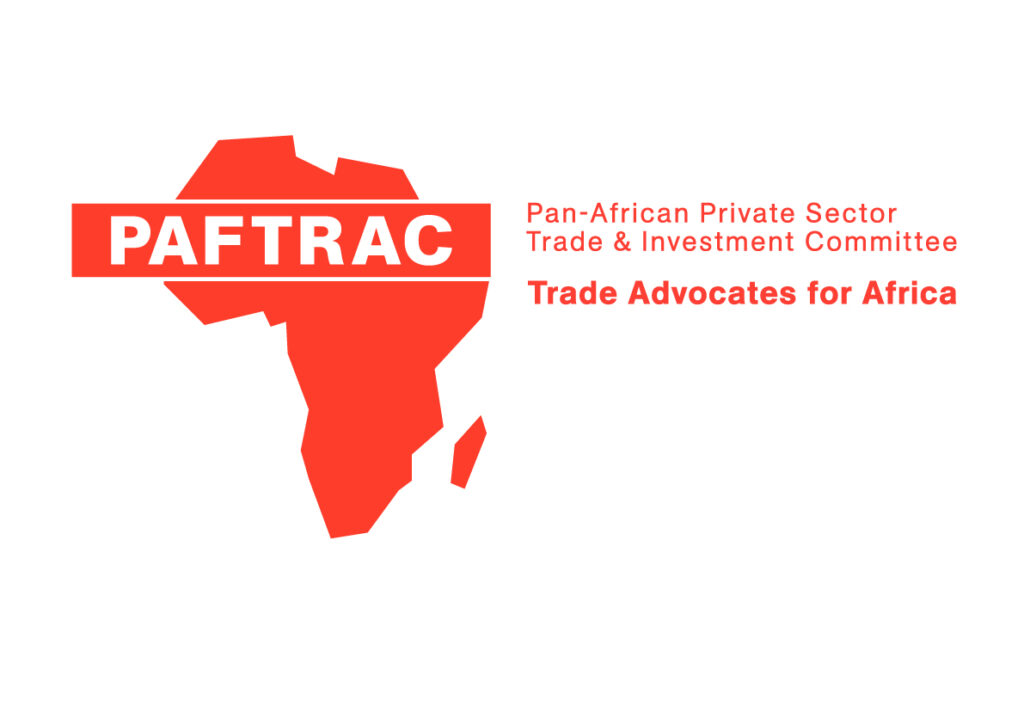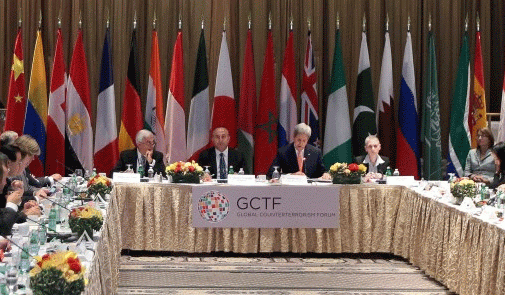The African business community has maintained its bullish outlook on the benefits of the African Continental Free Trade Area (AfCFTA), as it weathers global instability, mainly due to the Russia-Ukraine war and the after-effects of the COVID-19 pandemic.
African business advocacy group the Pan-African Private Sector Trade and Investment Committee (PAFTRAC) has published the results of its second Africa CEO Trade Survey Report, examining the effects of the African Continental Free Trade Area (AfCFTA). Nearly two years since the AfCFTA’s official launch, currently with the 43 parties and 11 signatories, the deal aims to harmonize trade across African countries and 1.3 billion citizens, with a total USD 3 trillion in gross domestic product. Despite the existing barriers to intra-African trade, which makes up only 16% of total African trading, 70% of respondents told the PAFTRAC survey that they already exported to other African jurisdictions, a surprisingly high figure belied by the fact that it was mostly export of services, with physical goods more subject to intervention by authorities.
There is high conviction that AfCFTA will increase intra-African commerce by creating new markets and minimizing bureaucratic red tape, with only 4% foreseeing negative effects. Logistics and transport infrastructure across Africa, particularly in the cross-border context is an area that still has plenty of room for improvement, with better rail and road links, more customs check-points and greater use of technology to streamline procedures named among key measures to improve the situation. The results also show that more than half of African businesses surveyed still prefer cash in advance as a payment method when trading internationally, which the ongoing digital transformation of financial services in Africa should help bring down.
A quarter of respondents most frequently used letters of credit, with those most favoring open account sales running at only half that number, but these figures should rise in tandem with increased confidence in intra-African commerce and greater levels of trust, as well as greater acceptance of the African Export-Import Bank (Afreximbank)’s Pan-African Payment and Settlement System (PAPSS). Other barriers to intra-African trade include unfair competition and government subsidies, as well as political instability, but a key aspect was the difficulty in accessing accurate, authoritative, current and detailed particulars on the AfCFTA, with 70% of respondents suggesting the creation of a single, authoritative online source, perhaps via a digital platform maintained by the AfCFTA Secretariat. A shift in mindset would also be helpful, as established exporters such as Morocco and Tunisia focus on European and other markets, and not those within Africa.



